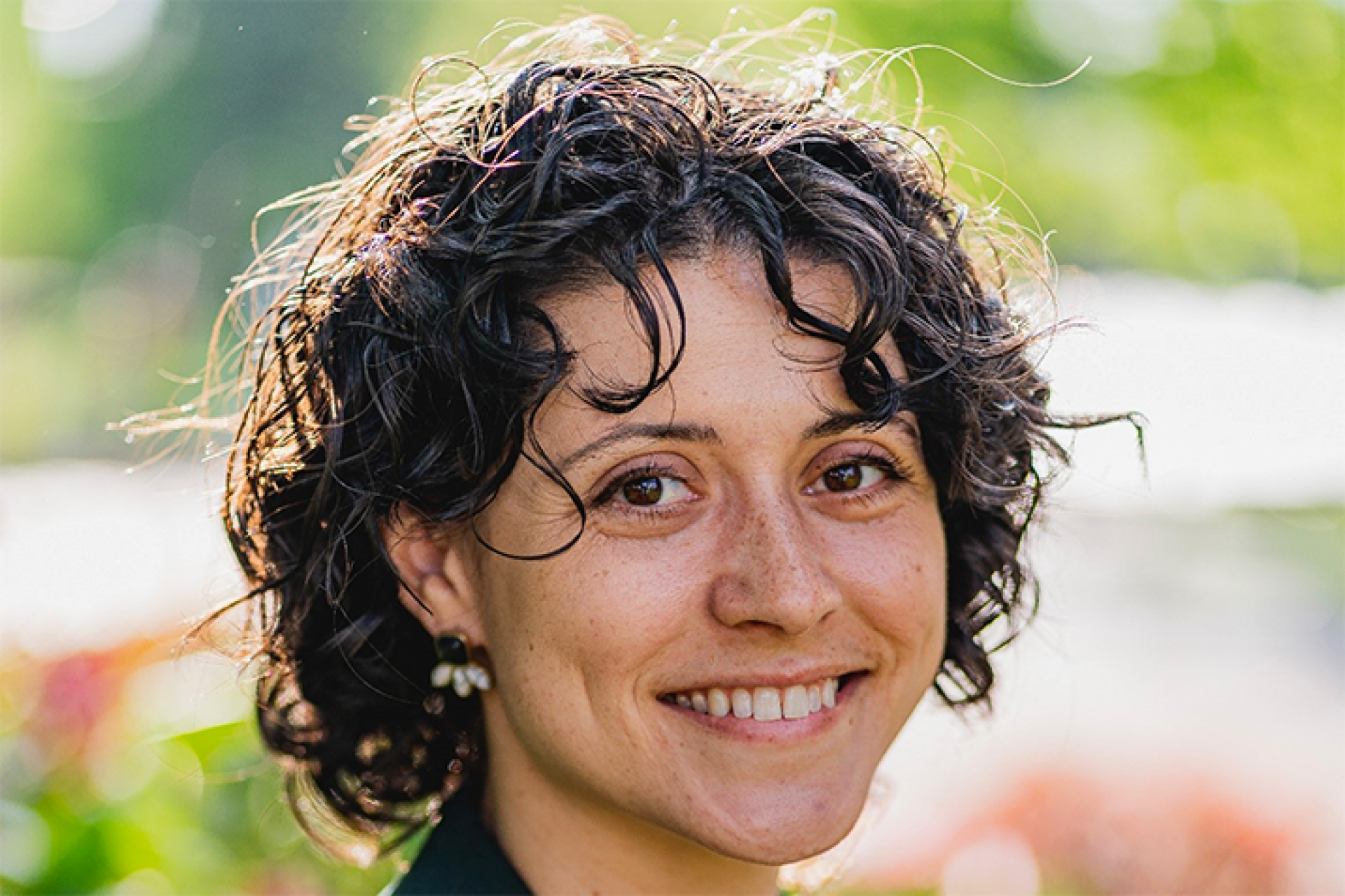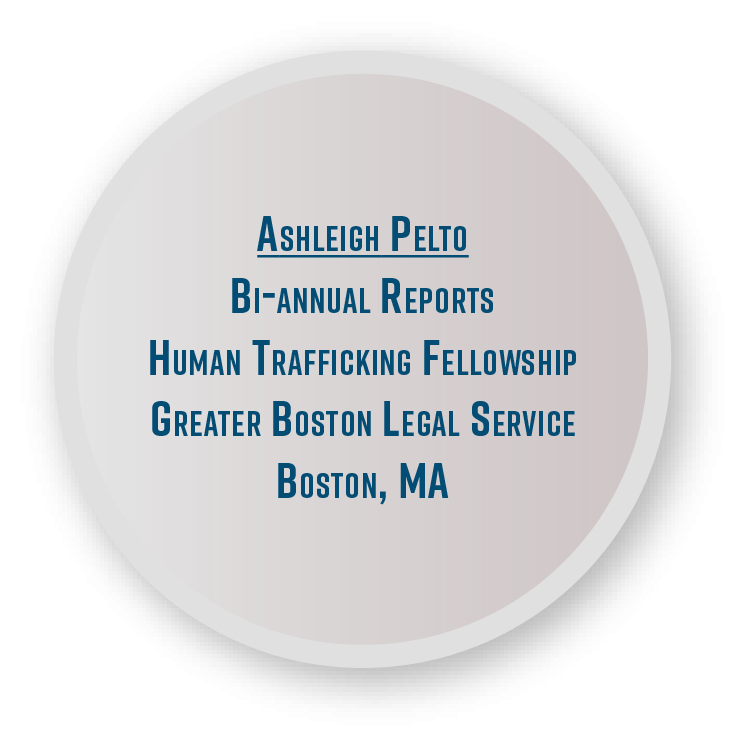Human Trafficking Fellow
Human Trafficking Fellow
Ashleigh Pelto
University of Michigan Law, J.D. 2020
Human Trafficking Fellow
Greater Boston Legal Services
Ashleigh's Monthly Reports

"I am so grateful to Equal Justice America for their commitment to supporting public interest attorneys providing services to some of the country’s most marginalized populations. As the Human Trafficking Fellow at Greater Boston Legal Services, I will be be able to support survivors in seeking vacatur, record clearance, and pardons for criminal charges they incurred as a result of their exploitation. These remedies are life-changing for individuals who were trafficked and trapped in poverty and unemployment based on their past criminal record."
EJA Awards two-year $130,000 Human Trafficking Fellowship to Ashleigh Pelto at Greater Boston Legal Services
June 13, 2022
Ashleigh Pelto began her EJA Fellowship in October 2022.
I have been invested in working in the area of human trafficking since I was eighteen years old. In the years since, I have dedicated my career pursuits to equipping myself to engage in effective change efforts in this field. I spent much of my time in law school working in the University of Michigan’s Human Trafficking Clinic and Workers Rights Clinics as an advanced clinical student and student supervisor. In early 2021, I published Criminal Record Relief for Human Trafficking Survivors: Analysis of Current State Statutes and the Need for a Federal Model Statute in the Michigan Journal of Gender & Law.
During my time working in the Human Trafficking Clinic, and in researching for publication, the great need for record clearing advocacy for survivors of trafficking became abundantly clear. In 2016, the National Survivor Network released a survey it had conducted of 130 trafficking survivors. Over 90% of respondents reported they had been arrested at least once during the course of being trafficked. Over half indicated that 100% of their arrests, charges, and convictions were directly related to their trafficking experience. The types of charges can vary widely in nature depending on the trafficking scheme that was employed against the survivor.
Through this EJA fellowship, Greater Boston Legal Services and I will launch an innovative and first-of-its-kind project for Massachusetts which focuses on three areas:
- Legal assistance related to criminal record sealing, expungement, vacatur, pardons, and appeals;
- Outreach and trainings to organizations providing services to survivors, including BIPOC and LGBT individuals, to educate them about criminal record relief options; and
- Legislative advocacy and policy work to improve and pass new laws related to the criminalization of survivors.
This project’s proposed casework and systemic reform work is informed by the experiences and needs of survivors and incorporates a racial equity and gender justice analysis. Trafficking victimization and other barriers to recovery and financial stability are a result of the legacy of and institutionalization of racism and other forms of oppression. Vacatur, record clearance, and pardons are remedies that are life-changing for individuals who were trafficked and trapped in poverty and unemployment based on their past criminal record.
I am so grateful to EJA for the opportunity to engage in this crucial work!


